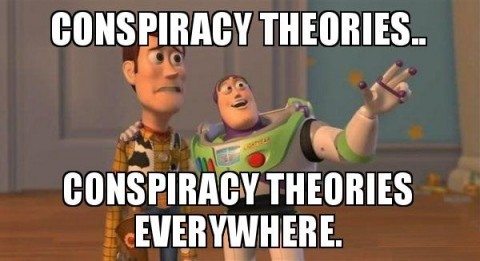
Last week saw a tempest in the anti-vaccination world. If you aren't part of that teapot, and don't have anyone on your facebook newsfeed who is, then you may have missed it.
Andrew Wakefield and Brian Hooker claim that a "whistleblower" has come forward from out of the nefarious CDC to reveal that the Center has been covering up decisive proof of a vaccine/autism link.
The first thing to be said about this: it isn't true. Here is a fine discussion. The whistleblower, unsurprisingly, "wishes to remain anonymous," or maybe he doesn't and his name is William Thompson. So what we have is the notion that Thompson, or maybe No-Name, told Hooker that the CDC changed the database in one study in an "arbitrary" way in order to hide the true results.
But it still isn't clear what exactly Thompson (or whomever) said to Hooker. Hooker portrays himself as the recipient of a leak, but wraps that leak up in so much paraphrase, and ties it in with his own "re-analysis" of old data, so that it isn't clear what he has taken from the supposed leaker at all.
Here is a more complete effort to sort it all out.
But the underlying facts are pretty clear. Outside fringe folks looking to make a reputation for themselves and cater in a hucketerish way to the (obvious and sympathetic) views of distraught parents, there isn't really any evidence for an autism/vaccine link.
Real science on the subject has put that matter to bed, and has moved on.
Comments
Post a Comment